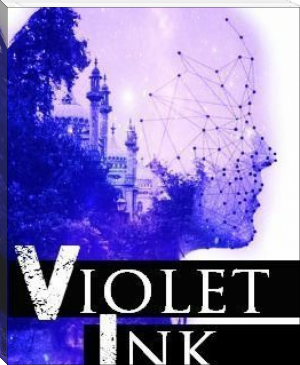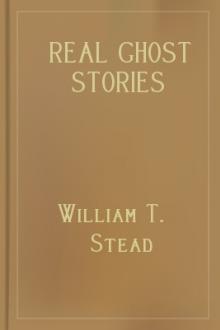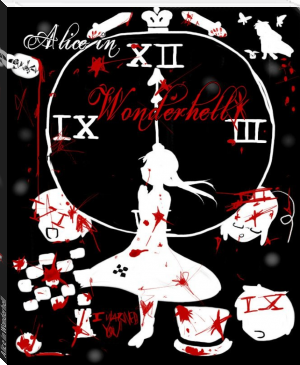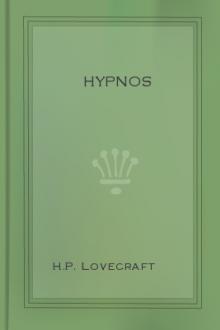Violet Ink by Ramisa R (good books for high schoolers .TXT) 📕

- Author: Ramisa R
Book online «Violet Ink by Ramisa R (good books for high schoolers .TXT) 📕». Author Ramisa R
One significant summer’s day, something catches sixteen-year-old Tessa’s eye: an article duplicating the events of a narrative she once wrote. Her supposedly fictional story came true.
Through repeats of these bizarre occurrences, her newfound ability allows her to confirm A’s for her classmates, fix the relationship between two lifelong enemies and assist poverty-stricken humans find food and shelter.
But writing for evil is just as easy. Red ink for anger, revenge and psychopathic thoughts; blue for depression, malice and malevolence: two colours of the opposite spectrums, mixing in an eerily simple manner.
Violet ink has never been more tempting.
Through repeats of these bizarre occurrences, her newfound ability allows her to confirm A’s for her classmates, fix the relationship between two lifelong enemies and assist poverty-stricken humans find food and shelter.
But writing for evil is just as easy. Red ink for anger, revenge and psychopathic thoughts; blue for depression, malice and malevolence: two colours of the opposite spectrums, mixing in an eerily simple manner.
Violet ink has never been more tempting.
Free e-book «Violet Ink by Ramisa R (good books for high schoolers .TXT) 📕» - read online now
Similar e-books:





Comments (0)